Okay, I think that you and I both know the ANSWER to this question in the title, before we go any further!! "Can a multivitamin replace a healthy diet?"

No! But I know we also wonder, to what extent will supplements be able to bridge the gap and put a bandaid on the fact that none of us eat perfectly?
Well, you've probably had a doctor tell you at some point in your life, "If you eat healthy, then you won't need vitamins." And you probably thought to yourself, "Well, that sounds great, but I don't always eat healthy. I don't always get the nutrients I need. So would that mean, for people like me and the vast majority of all Americans, supplements are necessary?"
Well, that's certainly a good line of reasoning on your part 😉, but the answer is more complicated than just yes or no…
It's of course very true that some groups of people can benefit from taking a multivitamin. For example, in the winter months when the sun is hardly ever out in some places, or if you can't get out much for some reason, taking a vitamin D supplement can prevent a deficiency. Or if you are a pregnant mother, taking vitamins can help you get the folic acid, iron, etc. that you are at used to trying to get through diet alone, now that you're eating for two!
The reason why vitamins aren't all that and a bag of kale chips, as you may know, is because vitamins can't offer what food offers. Your healthy plants have antioxidants like phytochemicals, and also, they contain up to all EIGHT of the types of vitamin E found in nature!! Multivitamins just give you vitamin E in ONE form.

Then, there's the fact that vitamins from food are better absorbed, by far, than the nutrients from multivitamins, most of which come out in your pee anyway. To try and combat this, manufacturers give you sometimes up to 1000% the daily recommended intake of vitamins…which can be bad.
If you get way more than the recommended dose of something, your body has to process that excess amount; for example, you might have known that taking way more than the recommended dose of vitamin C, like by downing Emergen-C to try and prevent a cold…can actually cause kidney stones if you take waaaay too much.
So what's the verdict, Michele?
Well, I think the idea we had at the beginning of this post, that supplements can put a BANDAID on an otherwise mostly healthy diet, is the right one.
After all, vitamin B and D deficiencies, and potassium deficiencies, are very common, and it's great to have a leg up.
But at the same time, most of this does get "peed out" and the quality of the nutrients isn't the same. You miss out on the antioxidants from food, and on getting all the sub-types of nutrients. Plus, studies show that people who take a multivitamin DON'T LIVE LONGER than people who don't, assuming all the other factors are controlled for.
In the end, I would say, there's no harm in sticking with your daily multivitamin. It doesn't burn that much of a hole in your wallet. But it is, as always, infinitely more important and smarter to focus on eating right and exercising too!


